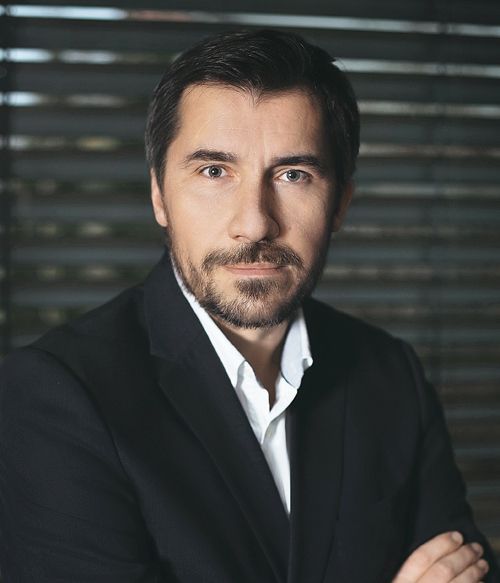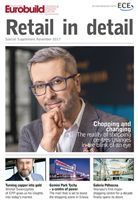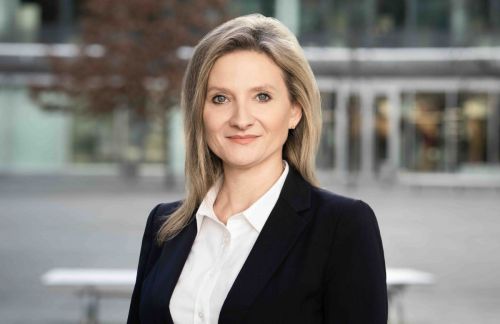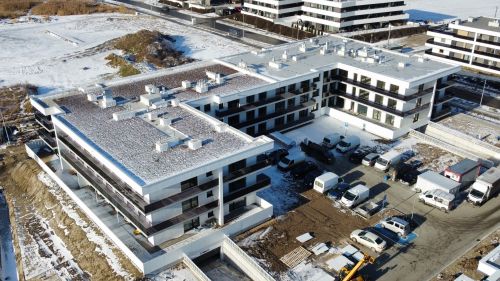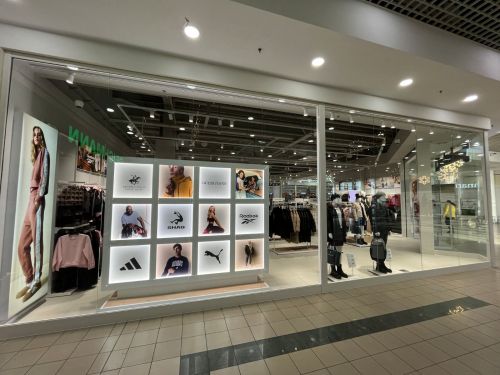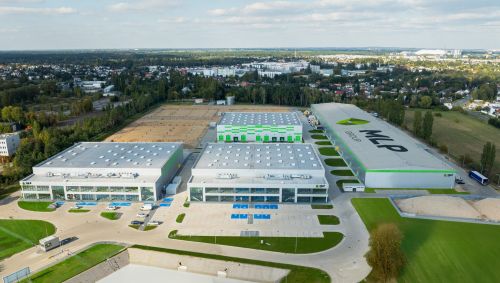Aneta Cichla, ‘Eurobuild CEE’: How do you see Poland in retail terms compared to other European countries and the rest of the Central and Eastern European region?
Leszek Sikora, managing director, ECE Projektmanagement Polska: Perhaps I will start with the positive factors. Poland has been characterised by sales growth of a few per cent in its shopping centres for a number of years, which is not typical for Europe as a whole. And it is the better centres that are strengthening their positions. We are also seeing growth in the Czech Republic and Hungary. Meanwhile, we have the opposite trend on the richest European markets. In Poland this is a result of economic growth and a constantly rising disposable income, among other factors. We have been pleasantly surprised by this. As far as the other factors are concerned, things are not that rosy. In particular, the legal environment has become unstable over the last few months. This includes proposals for new regulations tha
